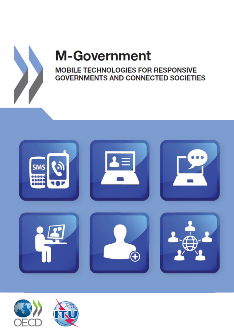 |
| http://www.eafinc.org/services/training_networking/images/webinars_on_demand.JPG |
In a study for the American Council on Education, described
early patterns of inappropriate behavior in eLearning. Some academic fraud categories
were identified in the eLearning environment. For example: Improper use of
academic resources, misuse of sources on paper and projects, writing assistance
and other inappropriate tutoring, disrespecting
the work of others, lack of adherence to copyright and copy protection, inappropriate
assistance on examinations, and lack of adherence to academic regulations.
These categories of academic fraud in the eLearning setting would be equivalent
to cheating in academics. What leads to academic fraud in eLearning is also comparable
to the incentive for cheating in the on campus setting: pressure for grades, and
lack of knowledge on the academic regulations.
Academic providers or eTeachers also face the important
moral challenge of maintaining the quality of educational process. The provider
must be considerate to new ways of transmitting information and assuring reliable
communication, because simply publishing the academic catalog on a website may
just not be enough. In this process of communicating, the provider must assure
that it is the actual eLearner who is in the communication and that no fraud is
being committed.
It has to be recognized that the basic purpose of eLearning is
a moral good. No one can’t argue that is not a moral good to make education
available to those who have been deprived from it because of many
circumstances. However there are ethical vulnerabilities and risks that must be
addressed in the process.
Sources:



